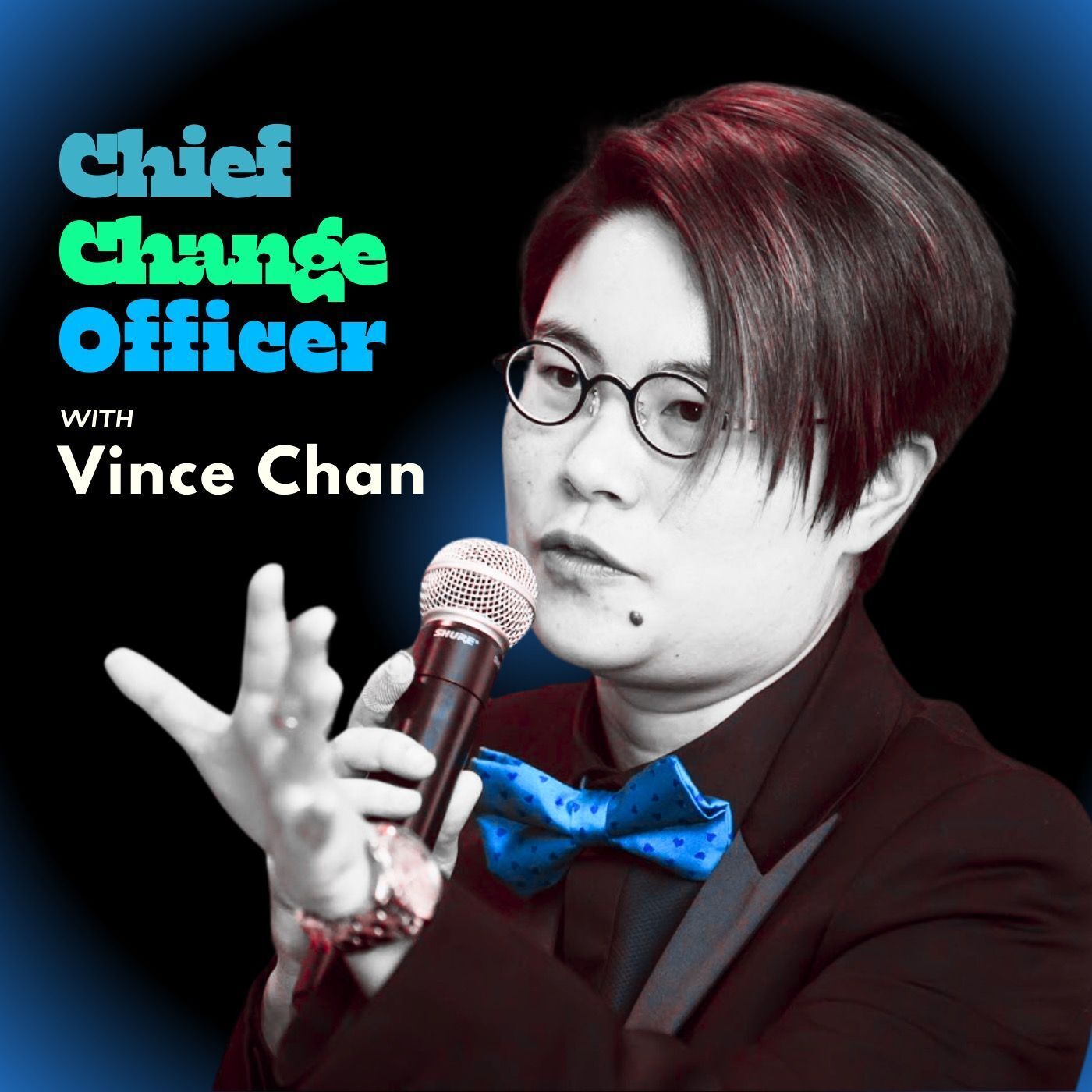#387 Todd Davis: Inside 30 Years at FranklinCovey—What Most Leaders Still Get Wrong — Part One
Todd Davis didn’t just teach The 7 Habits—he lived them for 30 years inside the leadership company that built its name on them.
As the former Chief People Officer at FranklinCovey, Todd spent three decades coaching teams, executives, and entire organizations on what truly drives effectiveness—and what quietly kills it. In this episode, he unpacks why trust is more than a buzzword, how most leaders think they’re being clear (but aren’t), and what’s gone missing in today’s fast-changing workplace.
Whether you’re leading a team or just trying to survive your next meeting, this is your crash course in timeless leadership with zero fluff.
Key Highlights of Our Interview:
From Recruiting to the C-Suite
“I was just hiring people. Then suddenly, I was leading them.”
How Todd built a 30-year career at FranklinCovey without ever planning for it.
The Secret to Long-Term Career Growth
“I didn’t hop around jobs. I stayed put and made an impact.”
Why depth, consistency, and trust still beat flashy résumés.
The 7 Habits Still Work—Here’s Why
“They’re not business tactics. They’re human principles.”
Why The 7 Habits remain relevant—even in an age of AI and burnout.
What’s Wrong With Workplaces Today?
“People don’t hate work. They hate how work is designed.”
The real reasons employees disengage—and what better leadership could fix.
The #1 Leadership Skill People Get Wrong
“Most leaders think they’re clear. They’re not.”
How miscommunication erodes trust—and how to stop it from happening.
______________________
Connect with us:
Host: Vince Chan | Guests: Todd Davis
--Chief Change Officer--
Change Ambitiously. Outgrow Yourself.
Open a World of Expansive Human Intelligence
for Transformation Gurus, Black Sheep,
Unsung Visionaries & Bold Hearts.
EdTech Leadership Awards 2025 Finalist.
20 Million+ All-Time Downloads.
80+ Countries Reached Daily.
Global Top 1% Podcast.
Top 5 US Business.
Top 1 US Careers.
>>>180,000+ are outgrowing. Act Today.<<<
See Privacy Policy at https://art19.com/privacy and California Privacy Notice at https://art19.com/privacy#do-not-sell-my-info.
Press play and read along
Transcript
Transcript is processing—check back soon.





